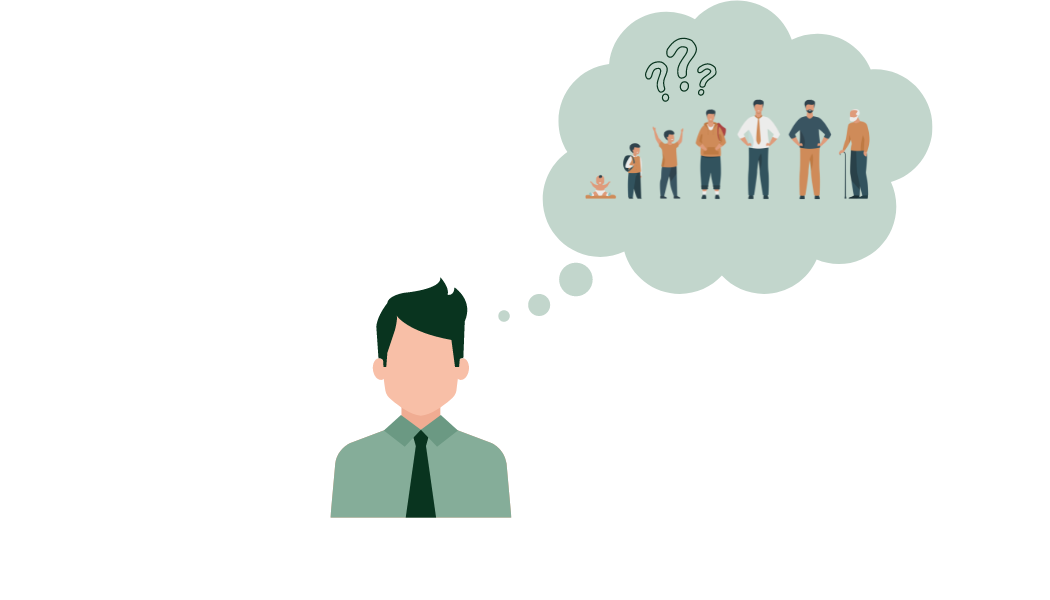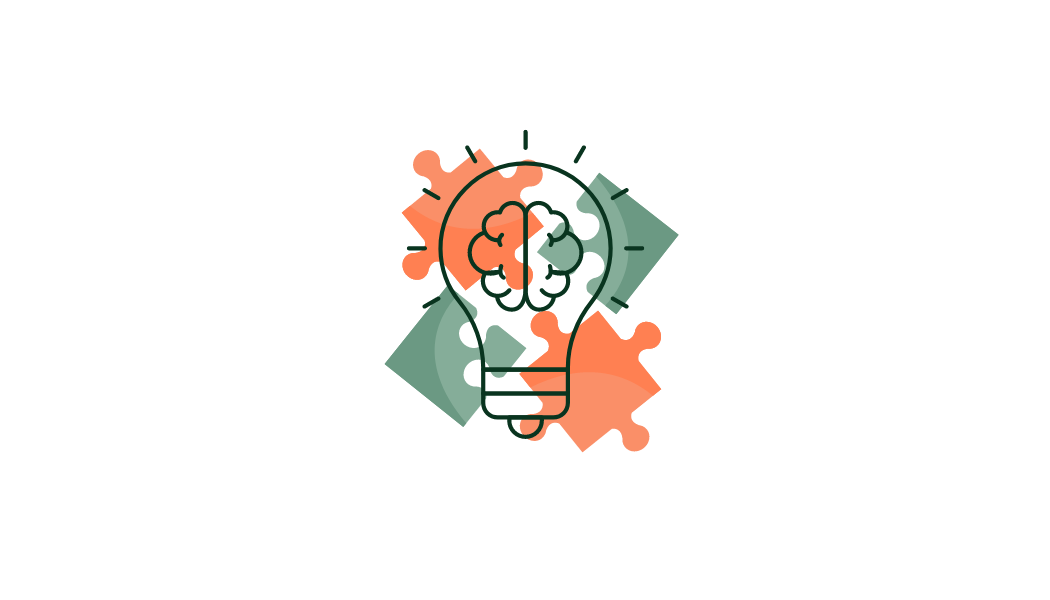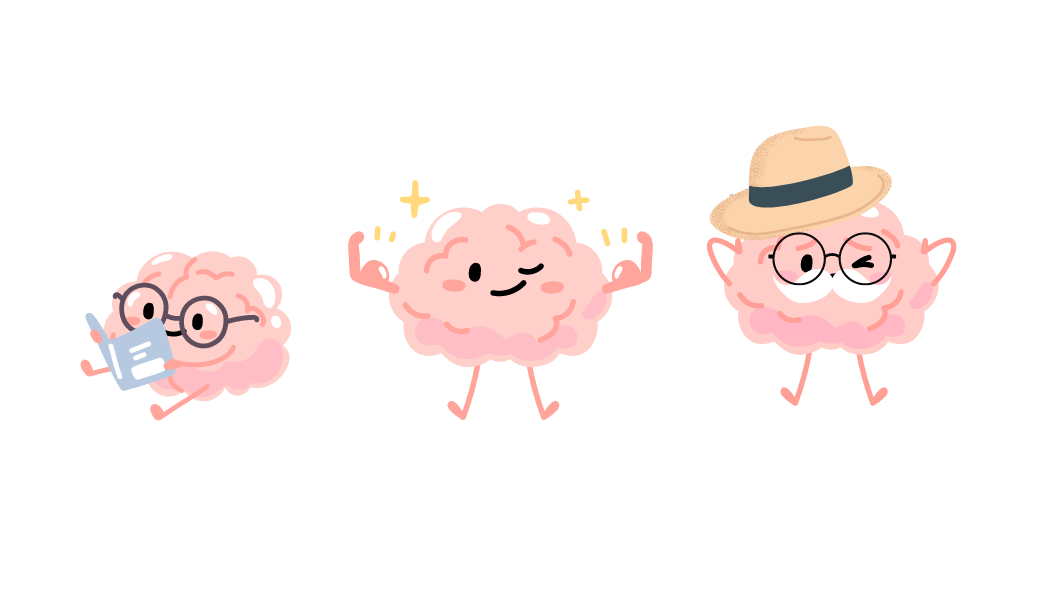Mental Age Test: All You Need To Know About

What is your mental age? Want to know how to test it? Click here to learn everything you need to know about mental age tests!

Knowing your mental age is key to grasping the complexities of cognitive abilities and potential. It provides valuable insights into intellectual development and how we interact with the world.
In education and psychology, mental age informs assessment and intervention strategies, enhancing our appreciation of human intelligence and fostering personal growth.
What is Mental Age?
Mental age is a crucial concept in school psychology, used to assess a person's cognitive abilities relative to their age. Originating from the pioneering work of Alfred Binet and Théodore Simon in the early 20th century, it has evolved significantly over time. Initially introduced through the Binet-Simon Scale, it has since become a fundamental component of modern intelligence testing.
Mental age can inform educational interventions and accommodations, aiding school psychologists in addressing students' diverse needs effectively. Its historical development underscores its enduring relevance in contemporary assessment practices.
What is a Mental Age Test and How Does it Work?
A mental age test is designed to assess an individual's cognitive abilities and intellectual development. Mental age tests are commonly used in educational and clinical settings to inform decision-making regarding placement, intervention, or diagnosis.
Typically, these tests involve a series of questions or tasks that evaluate various aspects of reasoning, problem-solving, memory, and language skills. The questions may range from simple arithmetic problems to complex puzzles or verbal analogies. The methodology used to determine mental age from the test results often involves comparing an individual's performance to standardised norms for their age group.
For example, if a person performs as well as the average person in a specific age group, their mental age would be considered the same as their chronological age. Conversely, if their performance exceeds that of their peers, their mental age may be higher than their chronological age, indicating advanced cognitive abilities.
Why Take a Mental Age Test?
Taking a mental age test serves various purposes, each contributing to personal growth and self-awareness.
Firstly, it allows individuals to gain deeper insights into their cognitive abilities, illuminating areas of strength and areas for improvement. This self-understanding can pave the way for targeted personal growth initiatives, guiding individuals in their journey towards self-improvement and development.
Additionally, mental age tests can inform educational planning by highlighting specific learning needs and preferences, thereby optimising educational strategies and interventions. Moreover, they can provide valuable insights into career aptitudes and interests, aiding individuals in making informed career decisions.
Lastly, mental age tests can simply be a source of fun and curiosity, offering an entertaining and engaging activity while satisfying one's interest in exploring their cognitive abilities and mental acuity.

How Accurate Are Mental Age Tests?
A number of variables might affect how accurate mental age assessments are, such as the particular test utilised, the environment in which it is given, and individual variances in cognitive capacities and test-taking techniques. Mental age tests have limits that should be taken into account, even though they can offer insightful information on a person's cognitive functioning.
Furthermore, mental age assessments might not adequately represent an individual's overall intellect or encompass the entire spectrum of cognitive capacities. Test results should be carefully interpreted and should be viewed as one piece of a bigger puzzle.
Taking results with a grain of critical thinking involves recognizing the potential limitations of the test and considering other relevant factors, such as educational background, socioeconomic status, and personal experiences, that may influence cognitive functioning.
Where Can I Take A Mental Age Test (Quiz)?
For those interested in self-discovery and personal growth, there are various avenues to explore mental age tests. One option is to visit psychologists or mental health websites, where examinations are often based on sound psychological principles.
Similarly, educational institutions may offer well-designed assessments as part of their research or academic evaluation.
Additionally, there are psychological assessment platforms and mobile apps that provide convenient ways to take mental age tests. However, it's crucial to assess the reliability and validity of any exam or platform before proceeding.
By opting for reputable sources, individuals can gain valuable insights into their cognitive abilities and embark on a path of personal development with confidence.
Brain Age vs. Mental Age - Key Differences

Mental age and brain age are two distinct concepts that shed light on different aspects of cognitive health and development. Mental age primarily relates to psychological maturity and cognitive functioning typical for a specific age group, while brain age is more closely associated with neurological health and the ageing process of the brain.
Mental age tests focus on assessing cognitive abilities relative to an individual's chronological age, offering insights into areas of strength and opportunities for improvement.
In contrast, brain age tests focus on measuring the biological ageing of the brain and its impact on cognitive function, examining factors such as lifestyle, genetics, and health, and providing insight into how these elements influence cognitive health and ageing.
While both types of tests provide valuable information, it's essential to recognise their differences and understand their respective implications for cognitive health and ageing.
Mental Age vs. Biological Age - Key Differences

Biological age refers to the physiological state of an individual's body, capturing the ageing process at a cellular and molecular level. It considers factors such as genetics, lifestyle choices, and environmental influences that affect the rate of ageing and overall health.
It serves as a vital indicator of how lifestyle choices and environmental factors impact the body’s ageing process, influencing susceptibility to age-related diseases.
In contrast, mental age reflects cognitive abilities and psychological maturity relative to chronological age. While biological age assesses physical health and ageing, mental age focuses on cognitive development and psychological health.
Together, these measures offer a comprehensive view of an individual's overall well-being, highlighting both physical and cognitive aspects of ageing.
Take Control Of Your Health With A GlycanAge Test

Understanding mental age is important, but so is grasping the concept of biological ageing for overall health. A GlycanAge test offers deep insights into one’s health by assessing biological markers associated with ageing. Unlike mental age tests that provide insight into cognitive health, GlycanAge measures biological age through the immune system.
This test specifically measures chronic inflammation in your body, which is influenced by genetics, environmental factors and lifestyle choices.
Different biological tests measure various aspects of health to determine biological age, but what a test measures is important. GlycanAge stands out by focusing on complex sugars called glycans.
They can tell us how lifestyle factors such as nutrition, exercise, habits, and sleep patterns affect your biological age. This helps us see if our daily choices are improving our health or causing inflammation and speeding up ageing.
Taking a GlycanAge test helps you make informed decisions for better health outcomes, offering a comprehensive understanding of your body’s internal health. By following these insights one can take control over their health and work towards slowing down the ageing process.
Explore more about GlycanAge and its significance by taking a health quiz. If you’re interested in learning more - explore biohacking or learn about longevity.



